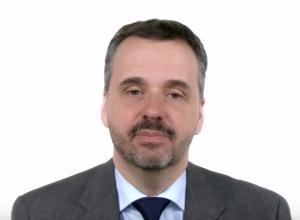I recently blogged about an imminent PCT rules change. The rules change, which will take effect July 1, 2019, changes the timing of when an International Preliminary Examining Authority (“IPEA”) will commence its preliminary examination activity after receiving a Demand from an applicant.
- The present situation is that the IPEA will put the activity “on ice” until the last possible date (P+22 or ISR+3, whichever is later) unless the applicant makes an express request for the activity to be commenced sooner.
- The situation on and after July 1, 2019 will be that the IPEA will commence the preliminary examination right away unless the applicant makes an express request that the activity be postponed.
Which naturally enough raises the question of what exactly counts as “right away”? And as I explained in the blog post, “right away” is defined as the date upon which the IPEA is for the first time in possession of all of the following:
- the Demand;
- the Preliminary Examination fee and the handling fee (and late fee if applicable); and
- the ISR/WO (or declaration of non-establishment).
Every now and then someone will suggest that the PCT has the potential to be a bit dry. And whenever that happens, others will point out particularly fascinating aspects of the PCT that show how wrong that suggestion could be. And so it is today, as one alert reader on the PCT listserv (which of course you should join if you have not already done so) reminded listserv members a few minutes ago. She wondered why one would ever file a Demand if one had received a Declaration of non-establishment of an international search report. Her comment was informed by the fact that as a general rule, IPEAs usually will not carry out preliminary examination for any subject matter for which an international search has not been carried out.
Indeed why, despite having received a declaration of non-establishment, might one nonetheless feel the need to file a Demand? Continue reading “Filing a Demand if no ISR has been established?”



 Keep in mind that most locations in the US will turn off daylight saving time today, but today is not the day that Switzerland will turn off daylight saving time. (Switzerland turned off DST a week ago.)
Keep in mind that most locations in the US will turn off daylight saving time today, but today is not the day that Switzerland will turn off daylight saving time. (Switzerland turned off DST a week ago.)